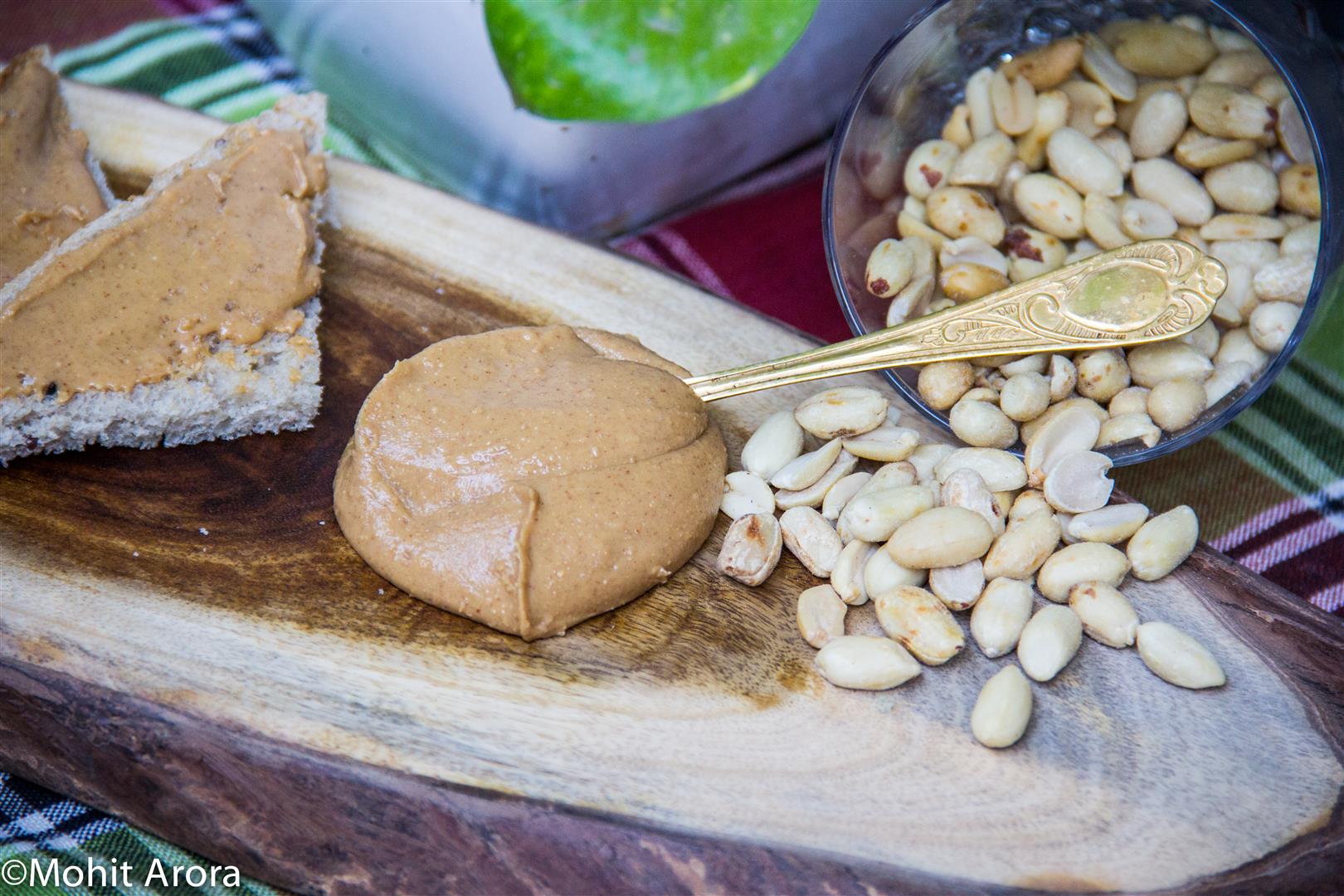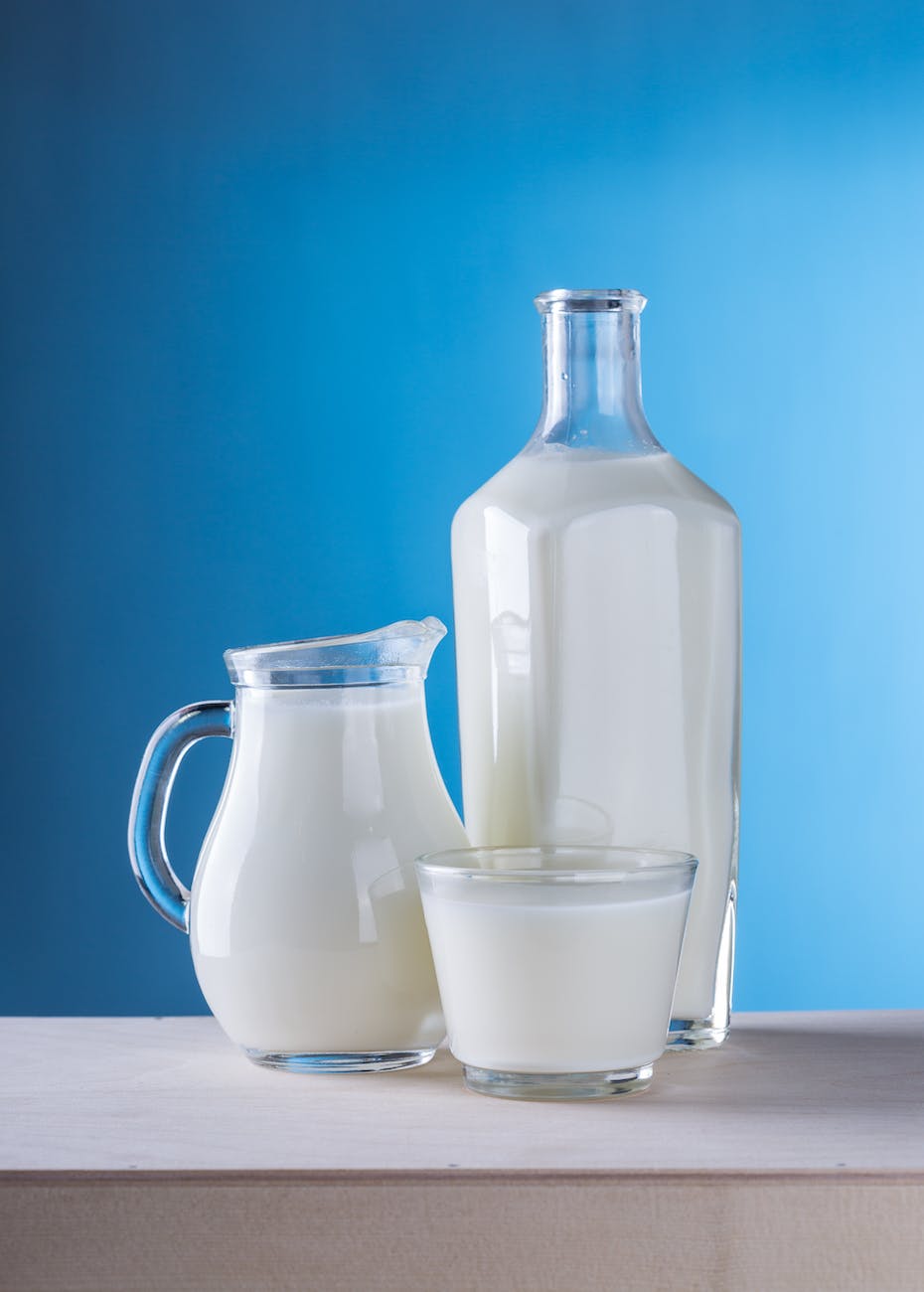
Introduction
In the ever-evolving world of kitchen appliances, juicers have carved a niche for themselves, becoming a staple in many households. Among the plethora of options available, the Sana 727 Supreme Juicer has emerged as a front-runner. Today, we’ll embark on a detailed exploration of this model and see how it fares against other market leaders.
A Visual Dive into the Sana 727 Supreme Juicer
For those who prefer a visual exploration, we’ve sourced an in-depth video review of the Sana 727 Supreme Juicer. This video, created by the experts at EUJUICERS.COM, provides a hands-on demonstration of the juicer’s features, performance, and overall functionality. Whether you’re keen on understanding its design nuances or curious about its juicing efficiency, this video serves as a comprehensive guide.
The Sana 727 Supreme Juicer: A Detailed Review
Design & Aesthetics
The Sana 727 is not just a machine; it’s a statement piece. With its sleek, modern design, it effortlessly blends into contemporary kitchen spaces. The build quality is top-notch, ensuring that the juicer remains a kitchen companion for years to come.
Performance & Functionality
As a cold press juicer, the Sana 727 is a powerhouse. It ensures minimal heat generation, preserving the nutrients and enzymes in the juice. The slow extraction process also guarantees a richer flavor profile, making every glass of juice a gourmet experience.
Versatility at Its Best
The Sana 727 isn’t just a one-trick pony. From grinding coffee beans to preparing nut butter and even baby food, its capabilities are vast and varied.
User-Friendly & Easy Maintenance
One of the standout features of the Sana 727 is its user-friendly design. Assembly and disassembly are a breeze, and cleaning is hassle-free, making the post-juicing process a walk in the park.
How Does the Sana 727 Stack Up Against Other Juicers?
1. Nama J2 Juicer: The Efficient Beast
- Pros: Renowned for its stellar juice extraction capabilities, the Nama J2 handles everything from soft fruits to hard vegetables with ease.
- Cons: Its bulkier design might not be everyone’s cup of tea, especially if kitchen space is at a premium.
- The Verdict: While the Nama J2 scores high on efficiency, the Sana 727 wins on design and space economy.
2. Green Star Pro: The Twin-Gear Marvel
- Pros: The twin-gear technology of the Green Star Pro ensures maximum juice yield and optimal nutrient retention.
- Cons: Its premium price tag might deter budget-conscious consumers.
- The Verdict: For those willing to splurge for top-tier performance, the Green Star Pro is a solid choice. However, the Sana 727 offers a more balanced package in terms of price and performance.
3. Omega NC1000 Premium: The Multi-Tasker
- Pros: Beyond juicing, the Omega NC1000 shines in tasks like pasta making, showcasing its multi-functionality.
- Cons: Its performance with leafy greens leaves a bit to be desired.
- The Verdict: While the Omega NC1000 is a jack of all trades, the Sana 727 takes the crown when it comes to pure juicing prowess, especially with greens.
FAQ Section
1. What makes the Sana 727 Supreme Juicer stand out from other models? The Sana 727 Supreme Juicer is renowned for its sleek design, cold press extraction method, and multi-functionality. It not only ensures nutrient-rich juices but also offers versatility in tasks like grinding and making nut butter.
2. Is the Sana 727 suitable for juicing leafy greens? Absolutely! The Sana 727 is designed to handle a variety of produce, including leafy greens. Its slow extraction process ensures that you get the maximum juice yield and nutrient retention from greens like kale, spinach, and wheatgrass.
3. How easy is it to clean the Sana 727 after use? One of the standout features of the Sana 727 is its user-friendly design. The parts can be quickly disassembled, making the cleaning process straightforward and hassle-free.
4. Can the Sana 727 handle tasks other than juicing? Yes, the Sana 727 is a versatile machine. Beyond juicing, it can handle tasks like grinding coffee beans, preparing nut butter, and even making baby food.
5. Is the Sana 727 worth the investment compared to cheaper models? While the initial investment might be higher than some other models, the Sana 727 offers a blend of durability, efficiency, and versatility. Its long-term performance and multi-functionality make it a value-for-money choice for many users.
6. How does the cold press method of the Sana 727 benefit the juice quality? The cold press method ensures minimal heat generation during the juicing process. This means that the juice retains most of its nutrients, enzymes, and flavor, leading to a richer and healthier juice compared to traditional centrifugal juicers.
Conclusion: The Final Verdict
The Sana 727 Supreme Juicer is a blend of style, efficiency, and versatility. While other models have their unique strengths, the Sana 727 offers a well-rounded package that caters to a wide range of needs. Whether you’re a juicing novice or a seasoned pro, the Sana 727 is a worthy addition to your kitchen arsenal.
Note: The world of juicers is vast, and the perfect model varies from person to person. Always weigh your specific needs and preferences when making a decision.
Blog Tags: Sana 727 Review, Cold Press Juicers, Juicer Comparison, Kitchen Appliances, Healthy Juicing, Nutrient-Rich Juice, Sana Juicer Models, Juice Extraction, Multi-Function Juicers, Juicing Guide.













